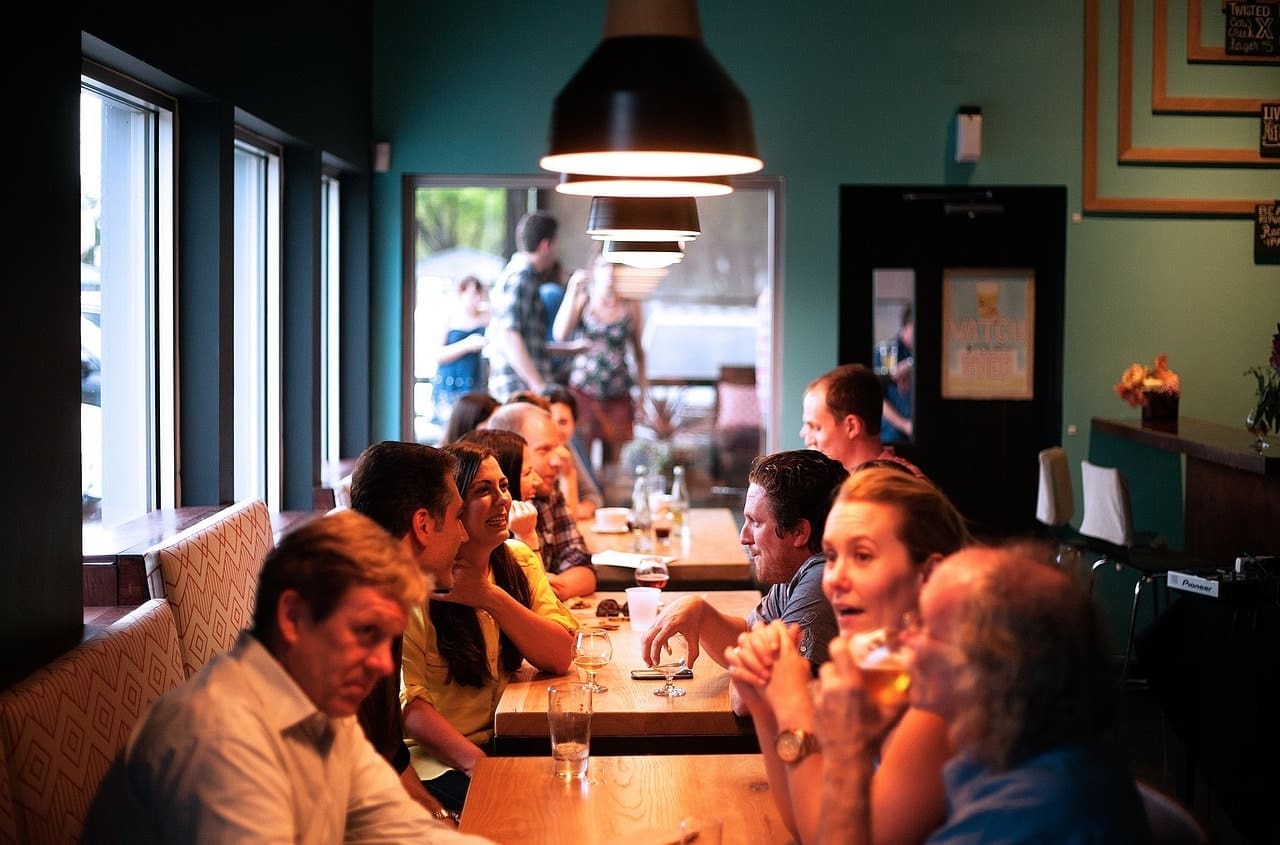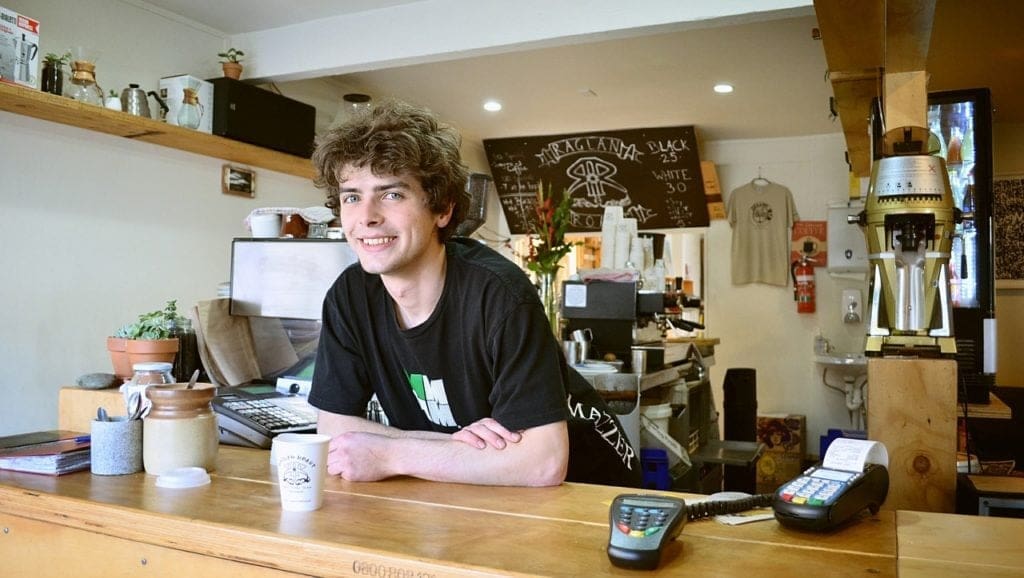As reported by Statista the number of restaurants in the US from fall 2017 to spring 2018 has grown by 2% and made 660 755. It means that about 14 thousand people have recently become restaurant managers and restaurant owners. Regardless of the business model, they’ve chosen—chain or independent, quick-service or full-service restaurants—some of them will succeed while others will change their profession or close their restaurant within a year.
If you are about to step on the same track, you must have thought of what makes a successful restaurant manager. It’s hardly about being lucky. It’s mostly about working hard to become effective in this role, which means acquiring practical knowledge, developing necessary skills and building good professional habits.
Skills. Knowledge. Habits?
While focusing on skills and knowledge, managers tend to pay far less attention to their habits. All of us have the access to professional information sources and learning opportunities, while only some of us have enough willpower and self-discipline to deliberately develop beneficial habits. However, it’s quite important to track what becomes your second nature. Because when something gets there it can either help or stop you from achieving success in your business.
On one hand, our trade inevitably causes destructive changes to our personalities. That’s called ‘professional deformation’. Just think about the actors who sometimes get excessively drawn to their on-screen characters, or about the copy editors who comment on grammar when reading descriptions on packages in supermarkets. Speaking about restaurant managers, quite often they are under the risk of becoming short-tempered tyrants.
On the other hand, professional development appeals to our best qualities and gives us a chance to become better versions of ourselves. That said, the conscious and deliberate building of good professional habits can help you become an outstanding restaurant manager. Where to start from? Let’s consider five essential habits of successful restaurateurs.
Planning
After years of hands-on experience, great restaurant managers get to know all the ins and outs of their trade. They develop manager’s sixth sense about possible problems and learn how to manage their team on the flight. How do they do that? Years of accurate and thoughtful planning help them reach that level of proficiency.
Make planning your beneficial habit number one. It will help you allocate tasks, balance your team’s work at low and rush hours, and get all necessary things done on time. A checklist for day-to-day tasks may become your favorite instrument at the start. Having your checklist at hand at the beginning of each shift, you are well prepared for your staff meeting. Daily and weekly planning don’t take much time but help deliver consistently good service to your customers.
Working smarter not harder
What really distinguishes highly effective managers is their willingness to optimize work. They come up with ways of reducing stress and workload for everybody in their team. The shortest way to refine and optimize processes to work for you is to introduce food service technologies. Restaurant management software helps manage inventory, finance, menu, and orders.
Restaurant technologies also give managers analytical tools that help keep track of their workflow. Accessing daily and weekly reports on your key performance indices, you can check the results caused by your recent decisions, newly introduced approaches and initiatives. It also helps identify problems at an early stage and therefore cope with them more effectively.
The habit of working smarter appeals to your commitment to keep an eye on technological trends in your industry and learn to become more technical-savvy. There are so many processes that can and should be automated! Just do it to release your team’s time and let them focus on customers, not processes.
Multitasking and time management
You’ve probably heard that good restaurant managers are the first to come and the last to leave the workplace. One of their key functions is to constantly monitor the front- and back-of-the-house stations to ensure good service, quality food, and happy customers.
When you manage a restaurant, at some point it might happen that you are needed everywhere at the same time. Unless you are a highly capable multi-tasker, the day may come when you’ll feel yourself being stretched to the thin trying to put out fires.
The habits of prioritizing tasks, switching fast between them and meeting the time are your lifeline in the frenetic work pace. Great managers are able to take care of several things at once. In doing so, they remain calm and patient. First, it may take you considerable effort to build these habits, but it will definitely pay off.
Maintaining a positive attitude
Being a leader you have to set up the team culture, create the right atmosphere at work and define the tone of communication among your employees. Effective managers strive to create a trustful, supportive and inspiring environment for their team. They know that the success of the restaurant depends on their ability to maintain a positive attitude in themselves and their staff.
Whatever happens—late delivery, broken dishes, complaining customers—the habit of positive thinking will let you focus on solutions, not problems. It will define the way you react to the challenges of your day-to-day work. Your employees will appreciate your problem-solving approach and will follow your example.
What’s more important, your positive attitude shows you as an approachable manager and opens the lines of communication. It means every member of your team feels that they can address you with their questions, concerns, and suggestions. As a result, it becomes easier for you to maintain a healthy atmosphere and make your employees feel appreciated.
Making time for customers
The managers who love their work strive to become the face of their restaurant. They don’t hide out in their offices, although there is always a lot of work on tracking inventory and running numbers. Instead, they try to make time for their guests and add some personal touch to the restaurant hospitality.
Make interaction with customers one of your good habits. It’s best that you get to know your regulars, remember their names, preferences in food and drink. Every now and then you can come to chat with them and offer a free appetizer. By asking people’s opinions about your menu or service, you’ll get an invaluable source of ideas for your customer service improvement.
Make your guests feel special by greeting them personally when they order tables at your restaurant on special occasions. This won’t take you much effort but will help you build long-lasting relationships with your customers.
Different managers, same habits
Either you are going to manage a team in a full-service restaurant or open a one-man cafe, the essential habits of effective restaurant managers will do a good job for you. Building good habits is a challenge, still the success of your restaurant worth the effort. So, start small, choose one thing at a time and move towards your goal step by step.
Image credits; Image credits; Image credits






